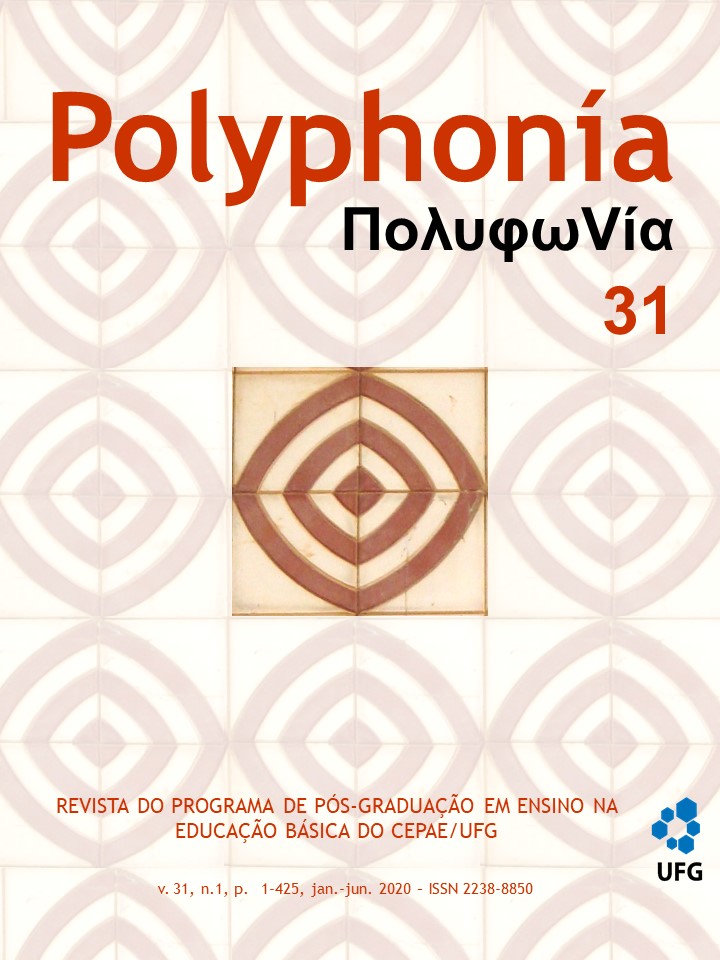Dicotomia, complexidade e educação para a cidadania
DOI:
https://doi.org/10.5216/rp.v31i1.66947Abstract
Human life in the most different spheres, from social organization, through the development of sciences, reaching even fundamental elements of individual identities, was marked by a dichotomous paradigm, which produced a binary way of interpreting reality (right and wrong, rich and poor, east and west, north and south etc.). This text seeks to analyze the consequences of this binary thinking and the extent to which it produces social injustice, especially in the educational context, envisioning, in the complexity paradigm, an alternative for the construction of more citizen-like education and society. But it also searches for some possibilities of ruptures with these systems structured in and by the different social sectors, including education. Methodologically, the research can be characterized as of a basic nature in which the inductive method is used. The selection of sources and authors is arbitrary insofar as they were considered representative of the respective ideas developed. It is concluded that complex thinking offers an alternative to binary thinking at different educational levels, but its implementation in social practice is also a monumental challenge, since it presupposes the modification of behaviors deeply rooted in the culture and in the existential matrices of social agents. Thus, it is up to educational institutions to break with this dichotomy through an educational project aimed at full citizenship as an exercise of social justice.Downloads
Download data is not yet available.
Downloads
Published
2020-12-08
How to Cite
BAADE, Joel Haroldo; ERANDI BRANDENBURG, Laude; GONZÁLEZ VELASCO, Juan Miguel. Dicotomia, complexidade e educação para a cidadania. Revista Polyphonía, Goiânia, v. 31, n. 1, p. 85–103, 2020. DOI: 10.5216/rp.v31i1.66947. Disponível em: https://revistas.ufg.br/sv/article/view/66947. Acesso em: 3 mar. 2026.
Issue
Section
Dossiê Escola, Complexidade e Justiça Social
License
Política de direitos autorais (acesso livre). Autores que publicam nesta revista concordam com os seguintes termos: Autores mantém os direitos autorais e concedem à Revista Polyphonía o direito de primeira publicação, com o trabalho simultaneamente licenciado sob a Creative Commons Attribution License que permitindo o compartilhamento do trabalho com reconhecimento da autoria do trabalho e publicação inicial nesta revista.
Autores têm autorização para assumir contratos adicionais separadamente, para distribuição não-exclusiva da versão do trabalho publicada nesta revista (ex.: publicar em repositório institucional ou como capítulo de livro), com reconhecimento de autoria e publicação inicial nesta revista.
Autores têm permissão e são estimulados a publicar e distribuir seu trabalho online (ex.: em repositórios institucionais ou na sua página pessoal) a qualquer ponto antes ou durante o processo editorial, já que isso pode gerar alterações produtivas, bem como aumentar o impacto e a citação do trabalho publicado (Veja O Efeito do Acesso Livre).


